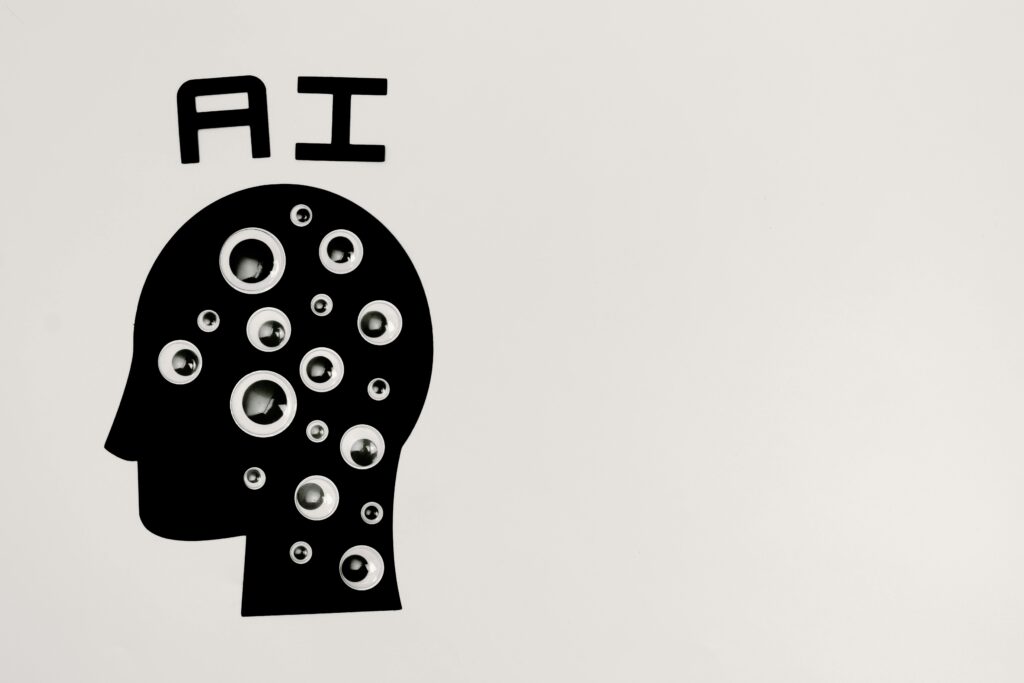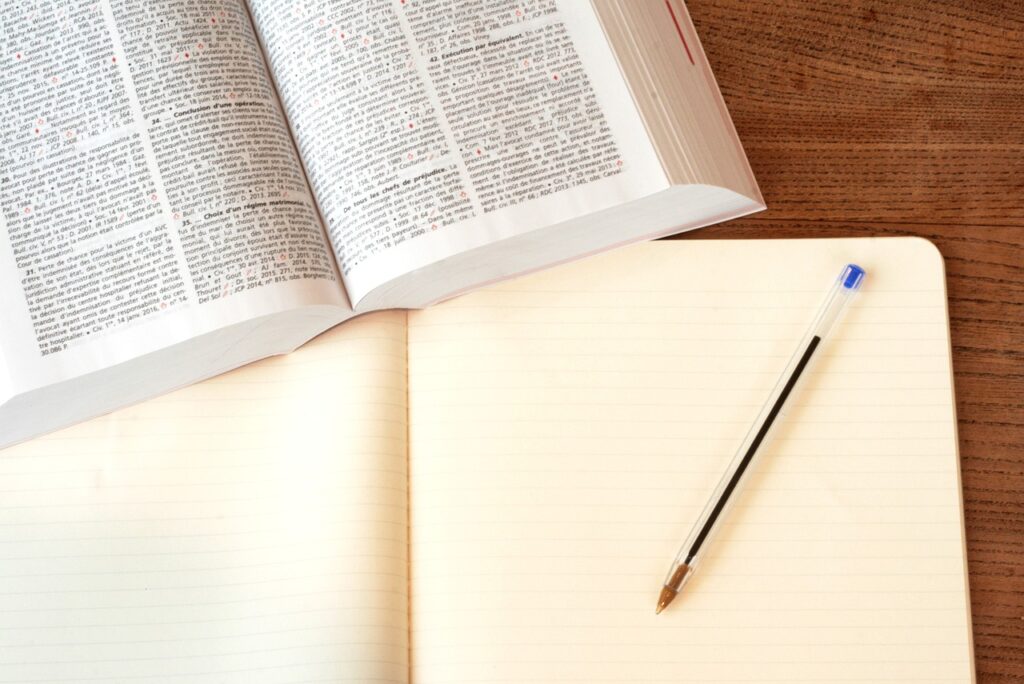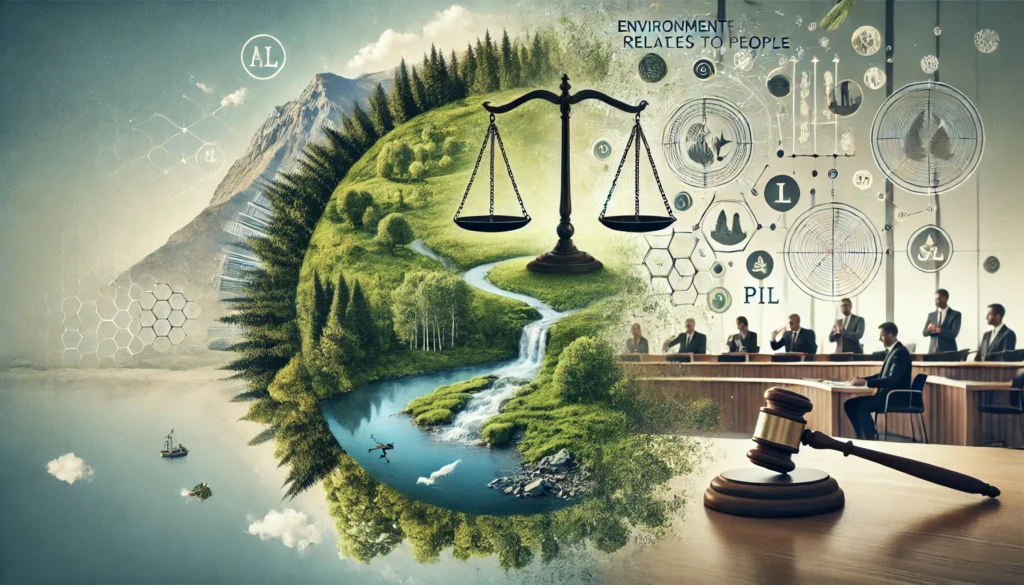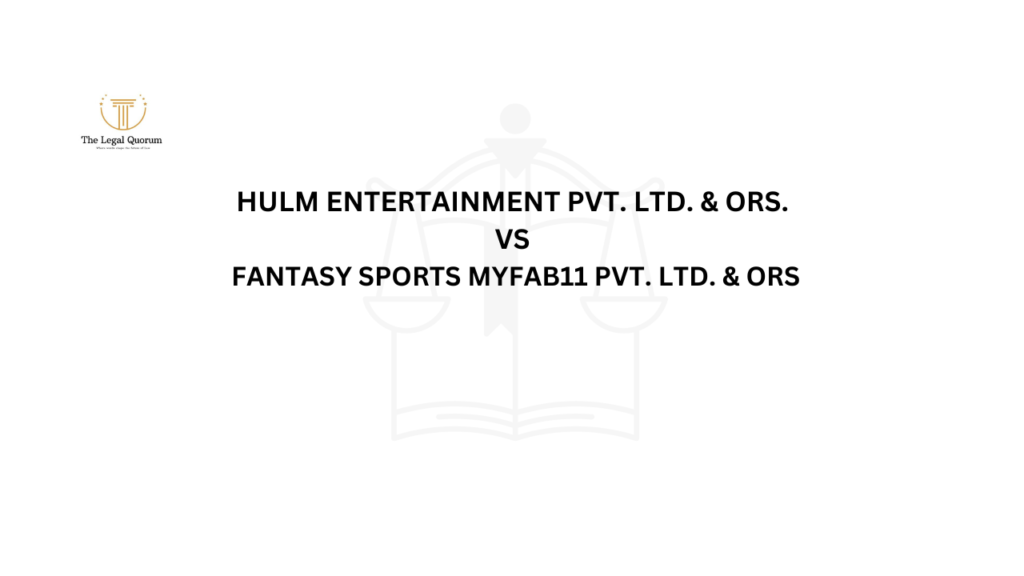Published on 6th February 2025
Authored By: Muskan
Amity University, Lucknow
Abstract
In today’s world social media is an essential platform for satisfying our needs and fulfilling our work in less time because now everyone is dependent on social media, the internet has its pros and cons. On social media platforms, we can learn a lot of things that help us in education. You can do way better things like acknowledging people about their rights and making them aware of their rights and wrongs. People can raise their voices against the wrong and let the world be aware of the wrong happening with the person. Still, in today’s, scenario people are being trolled a lot for every single thing they do on social media if people don’t find it wrong or they don’t like it they will criticize the person and start to comment on them. But our constitution has stated some boundaries of opinion also It is a digital power given to the public to continue and establish unity. It is a social platform that helps in various ways but can also destroy a person’s life very well. So for that reason, there are some rules stated in the constitution not to harm the person’s right to life and liberty and have restrictions on freedom of speech and expression also those who break the rules will be punished under the provisions stated in the Indian constitution. Also, a larger population is using social media, and children are becoming addicted to social media using different platforms. So there should be a set time limit for using social media. On social media, there is a high chance of spreading fake news and growing issues of social media misinformation there are also networking opportunities. cyberbullying is used to cause body image issues. There is a privacy risk and distortion of legal information we can connect to family and friends and access to information and services. Nowadays digitalization[1] has brought the risk of AI use[2] and changing images of women changing their faces from other person images. This paper deals with rules and regulations for using social media balances the right to freedom of speech and expression Article 19[1] a and makes sure no one should harm the dignity of life and liberty.
Introduction
Everything is used to connect on social media people’s minds and ideas social media people’s thoughts to spread with everyone in society. Social media to learn new things helps in education platforms because everything is becoming digital there are a lot of schemes that are online if you can’t go there you can utilize online services available for people. But now days are misusing this power which was brought for the purpose of help and unity purpose. For this purpose, we have laws stated in our constitution that whoever defames or spreads threats will be punished. social media is a platform. Social media gives you freedom of speech and expression and we also have the right to question the real meaning of free speech, speech means you read you can perform can protest, and many more things it means to spread your views opinions, and ideas without any interference from the government. Free speech also has also restrictions which are mentioned in Article 19 [1] because we are living in a democratic country where every individual has life to live with dignity and prosperity but you cannot spread any fake news that will hamper the peace of public there will be conflict arise between communities. If any communal tensions are going on what is preferred by the government is used to stop the internet facility in that area so that people cannot communicate or spread any news or any controversial remark which will influence the other members of society. Whenever any negative speech is published it has both positive and negative consequences. Every single thing whichever you want to ask is available on the internet whether it is negative whether positive whether it is good or bad so for this purpose the government has banned some sites which use derogatory and obscene as well as which affects the sovereignty of the nations.
Objective
We are living in the 21st century the age of technology, the Internet was a luxury but now it has become a vital need of the public nowadays from education to doctor appointments even funereal shopping everything is done via the Internet. we cannot imagine a life without the Internet. The misuse of the internet has other consequences. The Internet is also the reason for to spread of terrorism and hatred. Violence is the biggest enemy of peace. we can relate to this point because, at the abolition of Article 370, the Internet was banned because there was fear of violence which there in the government at the time of the anti-CAA protest citizenship amendment act also the internet was shut down at the time of Arab spring also the internet was banned if the internet was not shutdown there may be a scenario of people being affected and died more as it was been. Article 19[3] has also given us the right to assemble peacefully it says you can move freely reside anywhere have any kind of trade and occupation anywhere but it has also some restrictions every right has its restrictions. The shutdown of the internet comes under the restrictions of freedom of speech and expression It comes under procedure.
Provisions established under the Indian constitution
- 1]IT Act 2000[Information technology Act] Regulating social media intermediaries (SMIs): World over, governments are grappling with the issue of regulating social media intermediaries (SMIs).
- Addressing the issues of SMI controlling free speech: Given the multitudinous nature of the problem the centrality of SMIs in shaping public discourse, the impact of their governance on the right to freedom of speech and expression, the magnitude of information they host, and the constant technological innovations that impact their governance it is important for governments to update their regulatory framework to face emergent challenges.
- Placing obligations on SMI: In a bid to keep up with these issues, India in 2021, replaced its decade-old regulations on SMIs with the IT Rules, 2021 that were primarily aimed at placing obligations on SMIs to ensure an open, safe and trusted internet.
- The Internet is a space where finding truthful facts can often be challenging and polarising opinions, hate speech, and disinformation abound many lives have been lost to such disinformation-fueled violence.
- Section 66A: a fine is the penalty imposed This section of the IT Act gives the power to arrest anyone sending messages or posting content on social media that could be deemed offensive. Also, it’s offensive to send any wrong or false information for the purpose of spreading hatred, annoyance, inconvenience, obstruction, danger, enmity, insult, and criminal intimidation. Such activity is punishable and as per the law, three years of imprisonment with on the criminal.
- Section 69A
- The Information Technology Act, of 2000
- 69A. this provision has the power to give directions for blocking public access to information through any computer resource
- 1] Where the Central Government or any of its officers specially authorized by it on this behalf is satisfied that it is necessary or expedient so to do, in the interest of sovereignty and integrity of India, defense of India, security of the State[4], friendly relations with foreign States or public order or for preventing incitement to the commission of any cognizable offense relating to above, it may subject to the provisions of sub-section (2) for reasons to be recorded in writing, by order, direct any agency of the Government or intermediary to block for access by the public or cause to be blocked for access by the public any information generated, transmitted, received, stored or hosted in any computer resource.
- 2] The procedure and safeguards subject to which such blocking for access by the public may be carried out, shall be such as may be prescribed.
- 3] The link between people in order to try and bring about an agreement as a mediator who fails to comply with directions issued under subsection [1] will be punished with imprisonment for a term that may extend to seven years and shall also be liable to fine.
- Digital Services Act (DSA):
- The DSA focuses on the safety and responsibility of online platforms. It is about how the content will be managed shared and reconstructed online basically on social media and other platforms that host users have generated content. The aim is to have a safer environment by ensuring that all the digital platforms take their responsibility very well for the content host.
Key Focus: - Ensuring online safety and protection.
- Regulating content moderation and transparency.
- Strongly opposing illegal content hate speech and disinformation.
- Digital Markets Act (DMA):
- The DMA is all about promoting fair competition in the digital economy. It targets large tech companies that dominate the market, often referred to as “gatekeepers,” like Google, Apple, Amazon, and Facebook. The main agenda Is to prevent the companies from abusing their market power by imposing some rules that will make it easier for small businesses.
- Key Focus:
- Ensuring fair competition.
- Limiting the power of tech giants (gatekeepers).
- Promoting interoperability, data portability, and ending self-preferencing.
- The duties of Social Media Platforms
It is the basic understanding that the user of the computer Resource should not publish display update modify store or share information which belongs to any other persons, is a defamatory statement obscene images pornography .online activity that threatens the unity integrity security sovereignty of India should be avoided and its friendly relations with foreign state .Constitution of India
It provides basic rights to Indian citizens which helps them in protecting their basic life interests. If these rights are violated, various remedial measures are provided to them. In Article 19 of the Indian Constitution, the Right to freedom of speech and expression is mentioned which ensures that every individual has the right to present their thoughts to others. This means that they can raise their voice against any wrongdoing that happened to them or any other person they know.
In 2021, the government of India introduced the Information Technology Rules, referred to as the 2021 IT Rules. These rules are a set of regulations aimed at addressing unlawful content, ensuring user privacy, and controlling social media platforms.
Anuradha Bhasin vs Union of India, In this case, it emphasizes the importance of social media at the time of withdrawal of Article 370 in Jammu and Kashmir the journalist Anuradha Bhasin was not able to publish news because of the shutdown of the internet right to freedom of the press has been violated. Ghulam Nabi Azad filed another petition because he was unable to meet the members of the constituency.
Court decision: The court mentioned that the government cannot refuse to produce internet suspension orders before the court. government cannot suspend the internet service indefinitely. The court has ordered the government to publish or notify the internet suspension orders in the public domain.
Social media-related crime
1] cyber bullying
The simple meaning is to harass, embarrass, threaten, or target another individual with use of technology .it mainly includes photos, video messages, or content that is posted to hurt or upset someone
2] Cyber defamation
Any individual intentionally or with any reason publishes any false statement for any other person on cyberspace to intentionally defame anyone or injure the reputation of any individual
3]Phishing
When the recipient is tricked with guilty intentions by sending malicious emails for scams
There to ways to use social media: a criminal uses it to commit a crime social media will be used for preventing protecting and investigating the crime. Before people used to set their own opinions on different platforms such as newspaper television but now it has become an important role. It has larger data in the form of text videos and pictures by using law provisions
Under BNS 2023
Punishment and remedies in cases where there is damage to an individual by actions of another person who violates the laws mentioned below:
Section 152: deals with sedition
Section 196: deals with enmity
Section 299 [a]: deals with intentionally insulting any religion
Section 356: deals with defamation
Section 324 of BNS: deals with public mischief
Section 79: disrespecting women’s modesty.
The case of Shreya Singhal vs Union of India In this case, the police have arrested two ladies under section 66[A] for posting comments on Facebook after the death of a political leader. The Supreme Court of India invalidated section 66[A] of the Information Technology Act, of 2000 it was unconstitutional. In the case of Kharak singh v state of Uttar Pradesh, it was held that phone tapping amounts to breach of privacy and it can reasonably hold that by sharing information through WhatsApp with Facebook is an obvious in breach of privacy for their users.
The case of Tehseen S. Poonawalla 2018 the supreme court gave the full freedom to the government to stop the circulation of explosive and irresponsible messages on the social media sites which have the propensity to incite the mob violence of any kind.
Conclusion
Both technology and the menace of cybercrime have proliferated in our environment. Even if victims of cybercrime and crimes involving social media are protected by a number of laws, it is impossible to rule out the necessity for additional legislation. For control over personal data provided in certain European countries, the government should implement the Right to be Forgotten. To lessen the effects of cybercrime, harsh measures should also be implemented against offenders. Finally, it is determined that social media may either be a blessing or a curse for everyone because it allows people to interact with their loved ones, but it can also lead to cyberattacks for some users.
Even while there are laws in place to protect victims from wrongdoers, it is always possible that new laws will be needed.
To ensure that all social media users feel safe, the government should take strong measures against the offenders and punish them for their crimes. Users should exercise caution while sharing anything on social media in addition to the government. To prevent or govern cybercrimes, a specific legislative framework must be established. Additionally, social media may be both a boon and a bane for certain people.
References
- Kharak Singh vs. state of Uttar Pradesh and Ors. (n.d.). Retrieved December 20, 2024, from < https://privacylibrary.ccgnlud.org/case/kharak-singh-vs-state-of-up >
- Srivastava, K. (2021, October 17). Section 66A, Information Technology Act, 2000, Shreya Singhal case. Live Law. < https://www.livelaw.in/law-firms/law-firm-articles-/section-66a-information-technology-act-2000-shreya-singhal-case-183816 >
- Bhasin v. Union of India. (2020, February 26). Global Freedom of Expression. < https://globalfreedomofexpression.columbia.edu/cases/bhasin-v-union-of-india/ >
- Srivastava, K. (2021, October 17). Section 66A, Information Technology Act, 2000, Shreya Singhal case. Live Law. < https://www.livelaw.in/law-firms/law-firm-articles-/section-66a-information-technology-act-2000-shreya-singhal-case-183816 >
- Bhasin v. Union of India. (2020, February 26). Global Freedom of Expression. < https://globalfreedomofexpression.columbia.edu/cases/bhasin-v-union-of-india/ >
- Kharak Singh vs. state of Uttar Pradesh and Ors. (n.d.). Retrieved December 20, 2024, from < https://privacylibrary.ccgnlud.org/case/kharak-singh-vs-state-of-up >
- Srivastava, K. (2021, October 17). Section 66A, Information Technology Act, 2000, Shreya Singhal case. Live Law. < https://www.livelaw.in/law-firms/law-firm-articles-/section-66a-information-technology-act-2000-shreya-singhal-case-183816 >
- Bakshi, P. M. (1990). The constitution of india.
- Bhasin v. Union of India. (2020, February 26). Global Freedom of Expression. < https://globalfreedomofexpression.columbia.edu/cases/bhasin-v-union-of-india/ >
- Kharak Singh vs. state of Uttar Pradesh and Ors. (n.d.). Retrieved December 20, 2024, from < https://privacylibrary.ccgnlud.org/case/kharak-singh-vs-state-of-up >
- Srivastava, K. (2021, October 17). Section 66A, Information Technology Act, 2000, Shreya Singhal case. Live Law. < https://www.livelaw.in/law-firms/law-firm-articles-/section-66a-information-technology-act-2000-shreya-singhal-case-183816 >
- People are nowadays using the internet for every purpose to be conducted online .
- AI-generated deepfake images are trending a lot
- Talks about right to freedom of speech and expression Article 19 [1]a
- Security of state to ensure everything is not crossing or harming the dignity of nations




